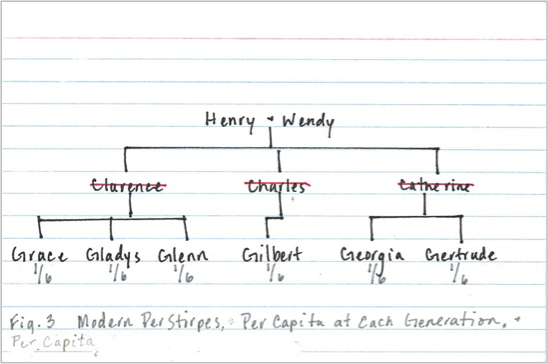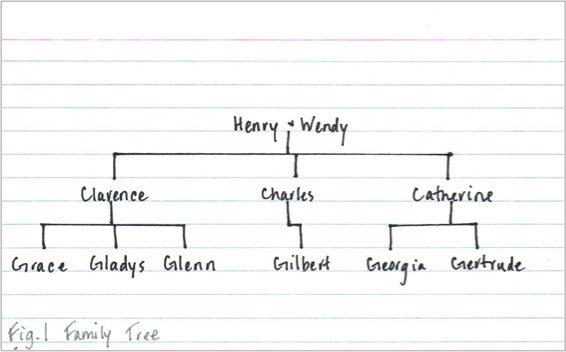Unitrust Conversions in Virginia
Unitrusts and the Big Problem They Address
Some trusts have different income beneficiaries and remainder beneficiaries. Such a trust might provide, for example, that the surviving spouse receives all of the income while he/she is alive, and the children receive what’s left upon the surviving spouse’s death. The interests of the income beneficiaries (the spouse in the example) and the remainder beneficiaries (the children) in these kinds of trusts conflict as to investments: the income beneficiaries want the trust to produce as much income as possible (even at the expense of growth), while the remainder beneficiaries want the trust to grow as much as possible (even at the expense of income). The trustee of such a trust—who, like any trustee, has a duty to act impartially as to the beneficiaries—is in the difficult position of having to decide how to invest the trust property. The trustee and beneficiaries in this situation have a few options. One option is to convert the trust to a unitrust.
A unitrust is a trust that instead of paying all of its income to the income beneficiary annually, pays a percentage of its net asset value annually. In a unitrust, the interests of the income beneficiaries and the remainder beneficiaries are aligned: everyone wants the value of the trust to increase.
The Conversion Process
Virginia law provides a mechanism for converting a trust that pays its income (let’s call this kind of trust an income trust) to a unitrust.
In Virginia, the percentage that the trustee pays to the income beneficiaries has to be a “reasonable current return” and between 3% and 5% of the net assets. In determining the percentage, the trustee is directed to take into account the grantor’s intentions, the beneficiaries’ needs, economic conditions, projected current earnings and appreciation, and projected inflation.
Virginia law requires the trustee to follow a specific procedure to convert an income trust to a unitrust. The procedure depends on who the trustee is: there is one set of steps for “interested trustees” and another set of steps for other trustees. The process is similar for both types of trustees, but the interested trustee has to appoint an independent person to make certain decisions. The adoption of a written policy and notice to the beneficiaries are required in either case. The trustee, for a variety of reasons, may prefer to accomplish the conversion through an agreement with the beneficiaries rather than by notifying them and allowing them time to object.
Unitrust conversions are one way to align the interests of a trust’s income and remainder beneficiaries. However, not all income trusts and portfolios are good candidates for unitrust conversions. The trust’s portfolio and terms will significantly affect whether a unitrust conversion makes sense. Your financial, tax, or legal adviser can help you begin to assess whether a unitrust conversion might make sense for your trust.


